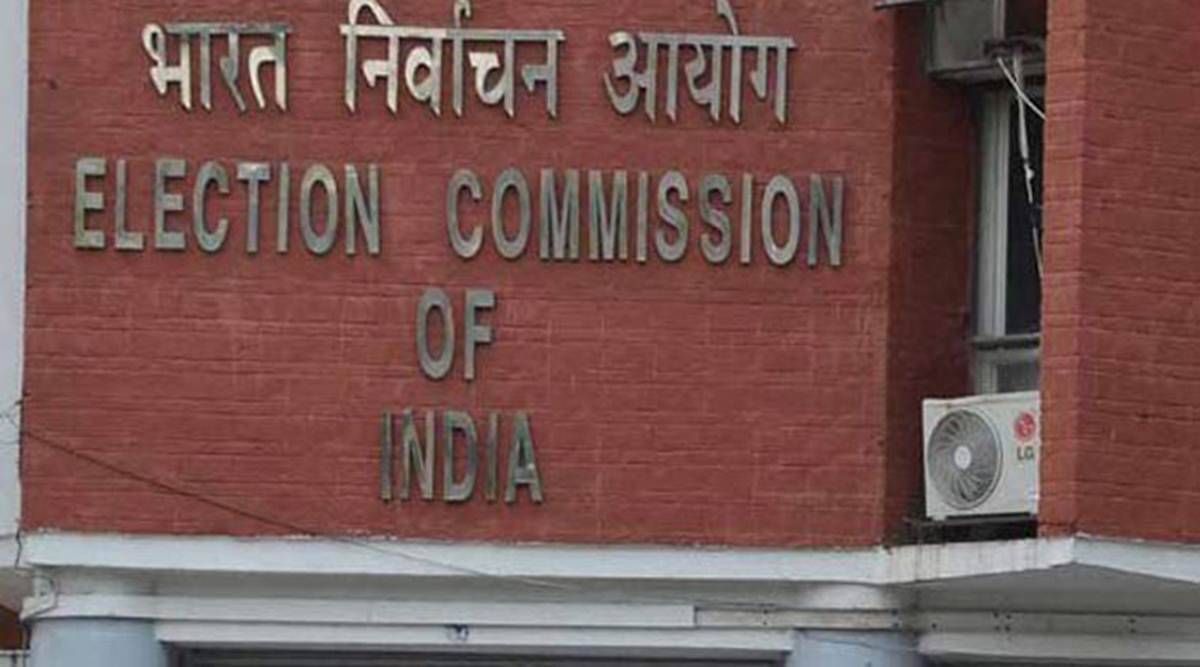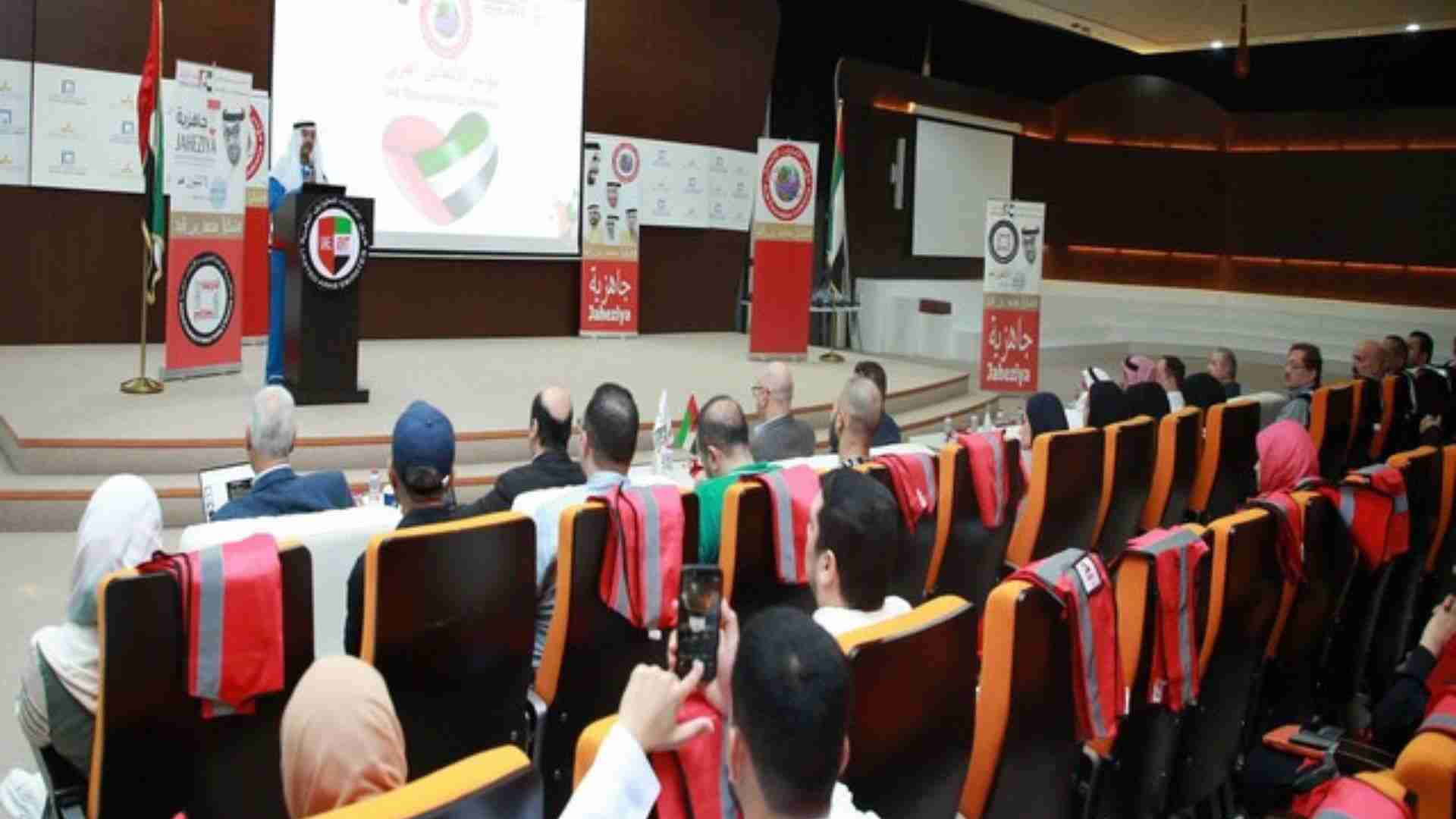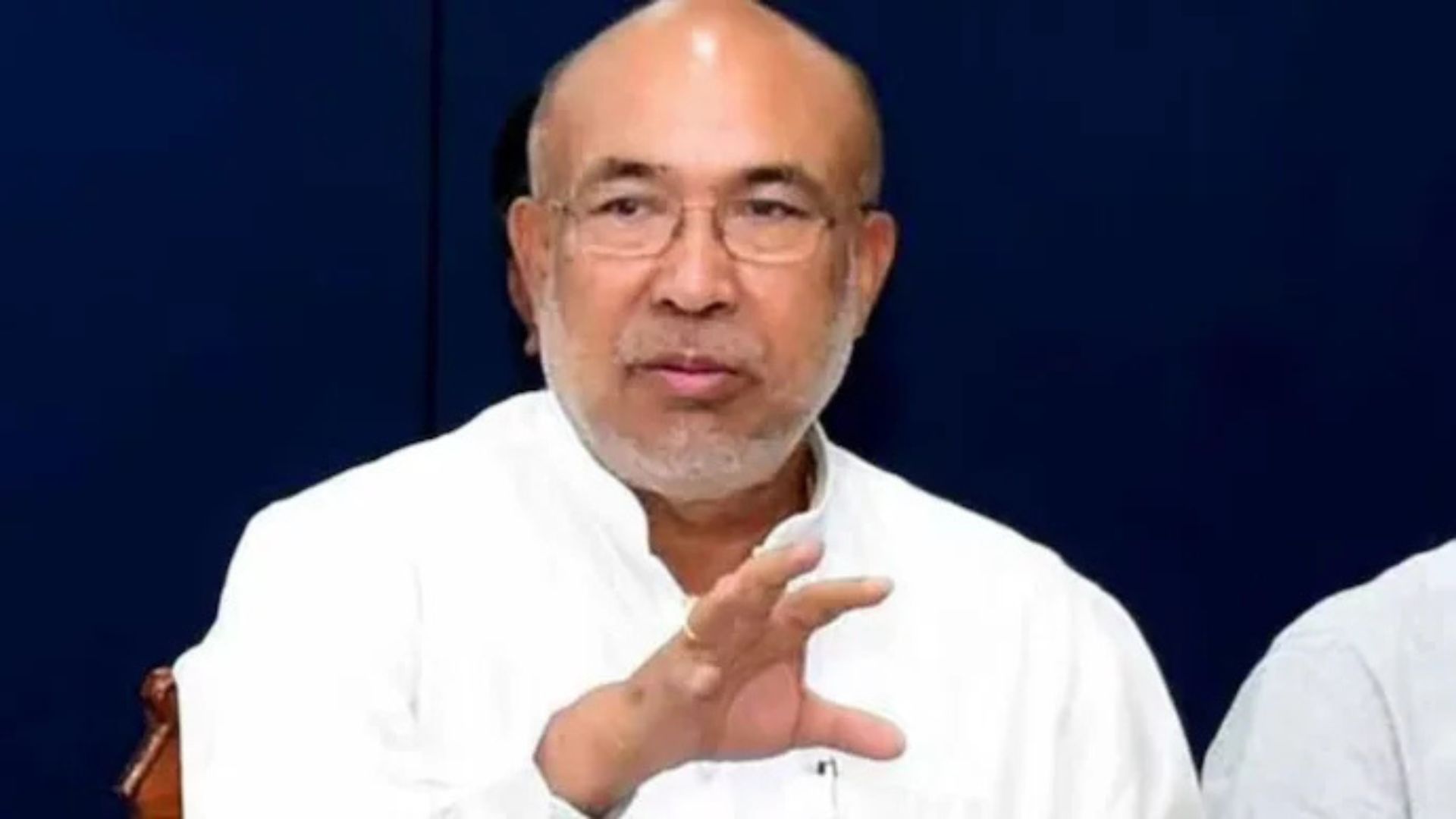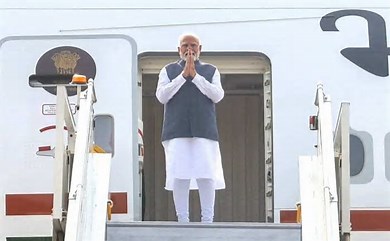
The 2019 Lok Sabha elections witnessed a voter turnout of 67.4%, with around 30 crore voters failing to cast their vote. According to the Election Commission of India (ECI), a major portion of these electors were migrant workers, working away from home and unable to cast their vote because of this reason. Given that the total number of votes cast in 2019 was in the range of 60 crore, of which the Bharatiya Janata Party on its own got around 22 crore, and the Congress around 11 crore, it should provide a perspective on how important this 30 crore figure is. What if these voters could exercise their democratic right to vote from the place they were working from, with the help of modern technology? Wouldn’t that make the elections more representative? As the ECI says, “migration based disenfranchisement is not an option” in an “age of technological advancement”. This is the idea behind the Multi-Constituency Remote Voting Machine (RVM) that the EC has come up with, where migrants will be able to vote for their home constituency candidates without physically visiting the home voting centre. Each of these RVMs that have been made by a public sector undertaking, can handle up to 72 constituencies from a single remote polling booth. The EC has taken note of the several challenges that any such voting may pose, including legal, administrative and technological. Some of these challenges include how to define migrant voters and remote voting, the method of remote voting, familiarizing the voters on casting of votes using the RVMs, as well as the counting of votes cast at remote booths. The Election Commission of India, which has built a fine reputation for itself by implementing one of the most efficient electoral processes in the world, is putting a lot of thought into this and is more than likely to come up with a foolproof process. Keeping this in view, the ECI on Monday called eight national and 57 regional parties to demonstrate to them how the RVM system would work. It has also asked the parties to get back by 31 January with their suggestions on the matter. But as it happens with everything in India, this issue too has got politicised, with several opposition parties led by the Congress opposing the move. Congress leader Digvijaya Singh has raised the bogey of vote rigging through RVMs, by seeking the identity of the chip-maker, apart from claiming that there is no clarity on the number of migrant voters. While there is merit in the argument that identifying and registering migrant voters, who are spread all over the country, will be a daunting task, but it is not impossible. The ECI has conducted several pan-India voter awareness campaigns and already has the infrastructure for it, and given proper assistance by the Centre and the states, is capable of pulling off what may seem impossible at present. After all, it is the ECI that has undertaken the voter card drive, because of which there would not be many Indian citizens of eligible age, without a voter card. As for this constant argument that EVMs cannot be trusted, it must be noted that such claims are not made when the opposition parties win an election, as it happened in Himachal Pradesh and in the MCD. Such claims are made only when the opposition parties lose the elections. The problem with such outrage is that these parties, instead of correcting their own political course so that they can be taken more seriously by voters, prefer casting aspersions on India’s institutions, including the ECI. This is all very convenient but also very dangerous, for the aim appears to be to destroy the legitimacy of the ECI, to throw an element of doubt in the voting process and thus create a narrative of an election stolen. Also appalling is the refusal to move with the times. As the ECI said, at a time of major technological advancements, how can a vast swathe of the population be disenfranchised just because they live far from their place of domicile? History shows that every technologically sound decision taken by a government— any government—is always opposed and a lot of fear-mongering takes place. It happened when Rajiv Gandhi brought computers to India and it is happening now too, when Prime Minister Narendra Modi is giving a huge push to Digital India, among other areas. Think of the hue and cry raised during demonetisation about digital payments. The criticism at the time in 2016-2017 was that digital payment would never be accepted by the country and would leave the poor out of its ambit. Compare that with the present scenario, when even the street hawker in the remotest corner of the country accepts digital payments and India has the highest digital transactions in the world. Hence, it is time our political parties made the EC’s hand stronger by supporting the rollout of the RVM. Anything that ensures greater participation in the electoral process, is good for democracy.















